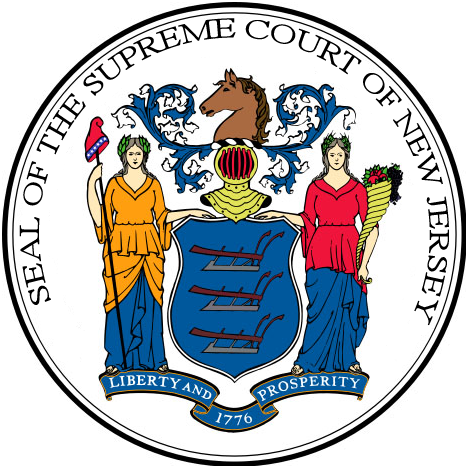Tag: new jersey
-
Absentee/mail-in ballot request deadlines, 2023
Eight states—Kentucky, Louisiana, Mississippi, New Jersey, Pennsylvania, Virginia, Wisconsin, and Washington—are holding statewide elections this year. Absentee/mail-in voting is voting that does not happen in person on Election Day but instead occurs another way, usually by mail. All states allow for some form of absentee/mail-in voting. Some states require voters to provide a valid excuse…
-
New Jersey’s statewide filing deadline passed on March 27

New Jersey is one of a handful of states holding statewide elections this year. The primaries are June 6 and general elections are on Nov. 7. The filing deadline for the primary elections was March 27. All districts in both chambers of the state legislature are on the ballot. Ballotpedia is also covering elections for…
-
Governor Phil Murphy (D) issues four executive orders from March 13-19

New Jersey Gov. Phil Murphy (D) issued four executive orders from March 13-19. As of March 19, Murphy has issued 10 executive orders in 2023 — six fewer than he did at this point a year ago. Three of four executive orders are below: Executive Order No. 320, where the governor declared a state of…
-
New Jersey Supreme Court issues three opinions from March 13-19

The New Jersey Supreme Court issued three opinions from March 13-19. As of March 19, the court issued 15 opinions in 2023 — one fewer than this point a year ago. The three opinions are below: Malanga v. West Orange Twp., where the court found that the Township of West Orange improperly designated its public library…
-
New Jersey Supreme Court issues one opinion from March 6-12

The New Jersey Supreme Court issued one opinion from March 6-12. As of March 12, the court issued 12 opinions in 2023—one fewer than this point a year ago. The one opinion is below: New Jersey v. Smart, where the court concluded that probable cause to search the defendant’s vehicle without a warrant was not prompted…
-
Election legislation roundup: New Jersey State Senate

As of March 5, Ballotpedia has tracked 47 election-related bills in the New Jersey State Senate since the beginning of the year. Of the 47, Ballotpedia tracked one from Feb. 27 to March 5. The bill was bipartisan. The bill is: NJ S2866: Establishes “Elections Transparency Act;” requires reporting of campaign contributions in excess of…
-
New Jersey Supreme Court issues one opinion from Feb. 20-26

The New Jersey Supreme Court issued one opinion from Feb. 20-26. As of Feb. 26, the court issued 11 opinions in 2023—the same as this point a year ago. The one opinion is below: New Jersey v. Olenowski From Feb. 20-26, state supreme courts issued 154 opinions nationally. The Pennsylvania Supreme Court issued the most…
-
Election legislation roundup: New Jersey General Assembly

As of Feb. 26, Ballotpedia has tracked 97 election-related bills in the New Jersey General Assembly since the beginning of the year. Of the 97, Ballotpedia tracked one from Feb. 20-26. Democrats sponsored the bill. The bill is: NJ A5175: Changes certain General Election deadlines, Assembly Members Angela McKnight (D) and Anthony Verrelli (D). During…
-
Election legislation roundup: New Jersey State Senate

As of Feb. 19, Ballotpedia has tracked 46 election-related bills in the New Jersey State Senate since the beginning of the year. Of the 46, Ballotpedia tracked one from Feb. 13-19. Democrats sponsored the bill. The bill is: NJ S3593: Changes certain General Election deadlines, Sen. Andrew Zwicker (D). During the week of Feb. 13-19, Ballotpedia…
-
New Jersey Supreme Court issues four opinions from Feb. 13-19

The New Jersey Supreme Court issued four opinions from Feb. 13-19. As of Feb. 19, the court issued 10 opinions in 2023—one fewer than this point a year ago. The four opinions are below: New Jersey v. Gomes Liberty Insurance Corp. v. Techdan, LLC Statewide Insurance Fund v. Star Insurance Company New Jersey v. Olenowski …

